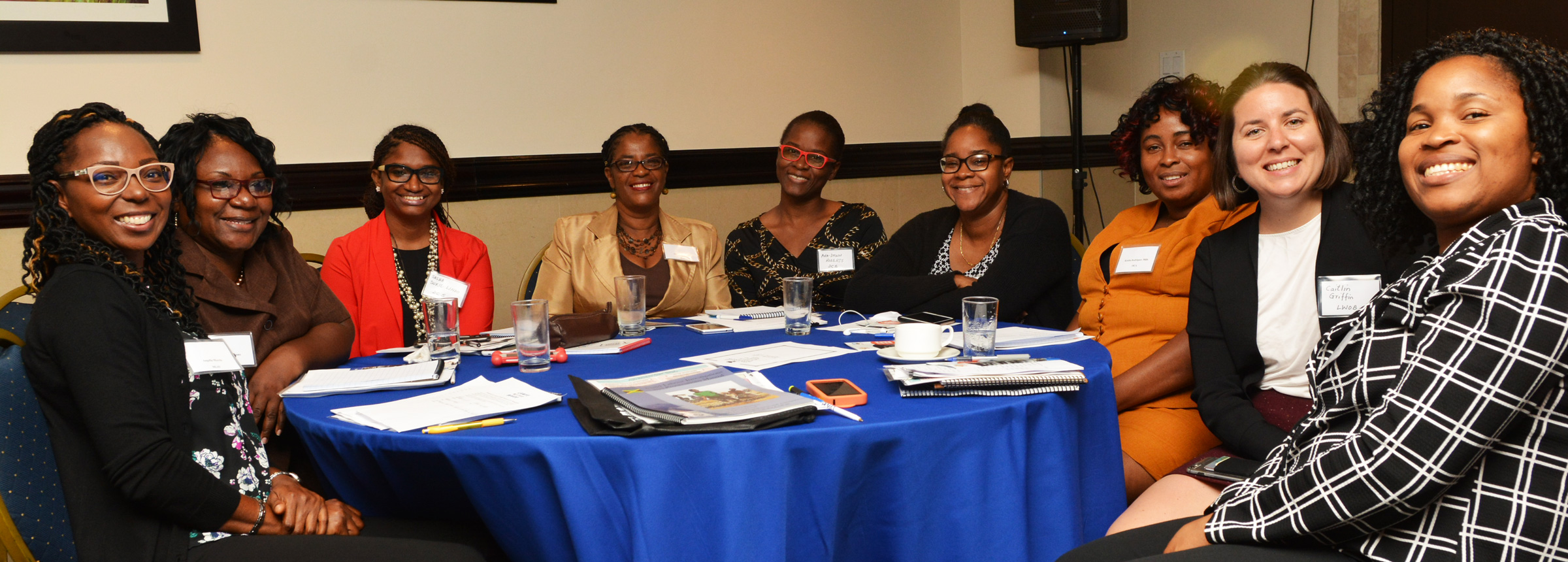Projects
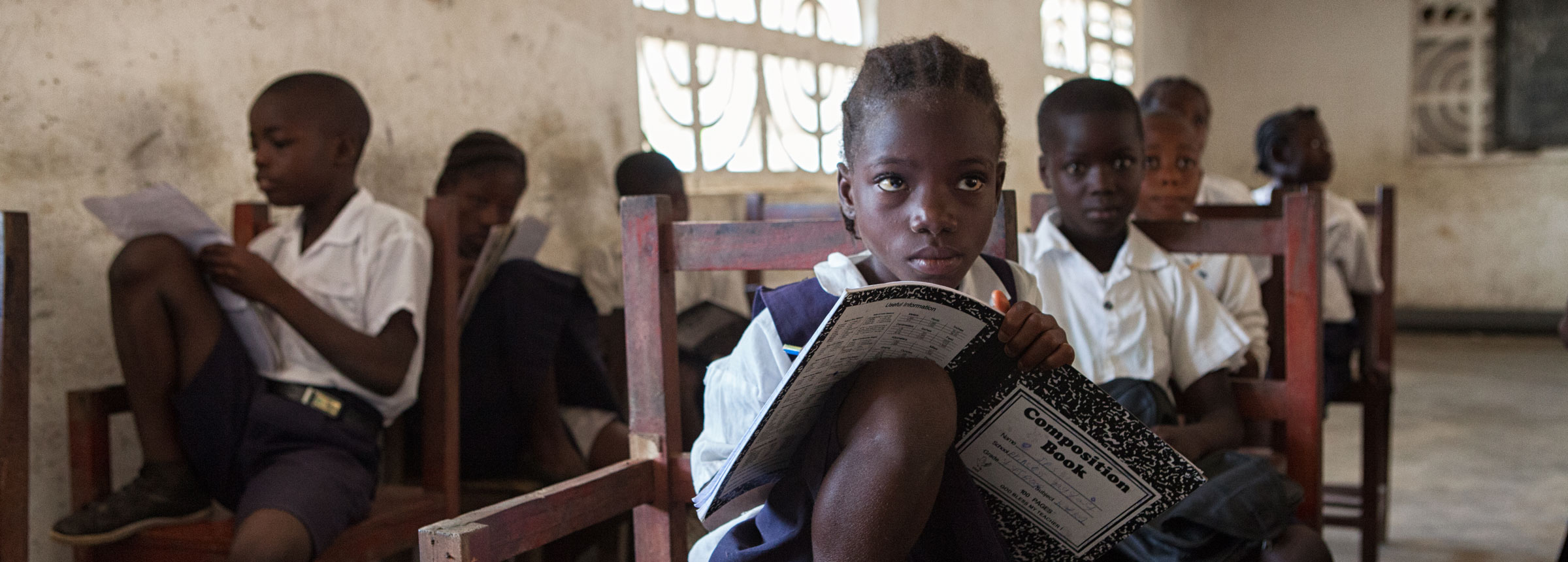
Attaining Lasting Change for Better Enforcement of Labor and Criminal Law to Address Child Labor, Forced Labor and Human Trafficking (ATLAS)
The ATLAS project is a global initiative that has worked in four countries across Latin America, Africa, and Asia to strengthen enforcement of labor and criminal law to address child labor, forced labor and human trafficking. ATLAS works collaboratively with host governments to bolster the legal and criminal frameworks surrounding these issues, improve the enforcement…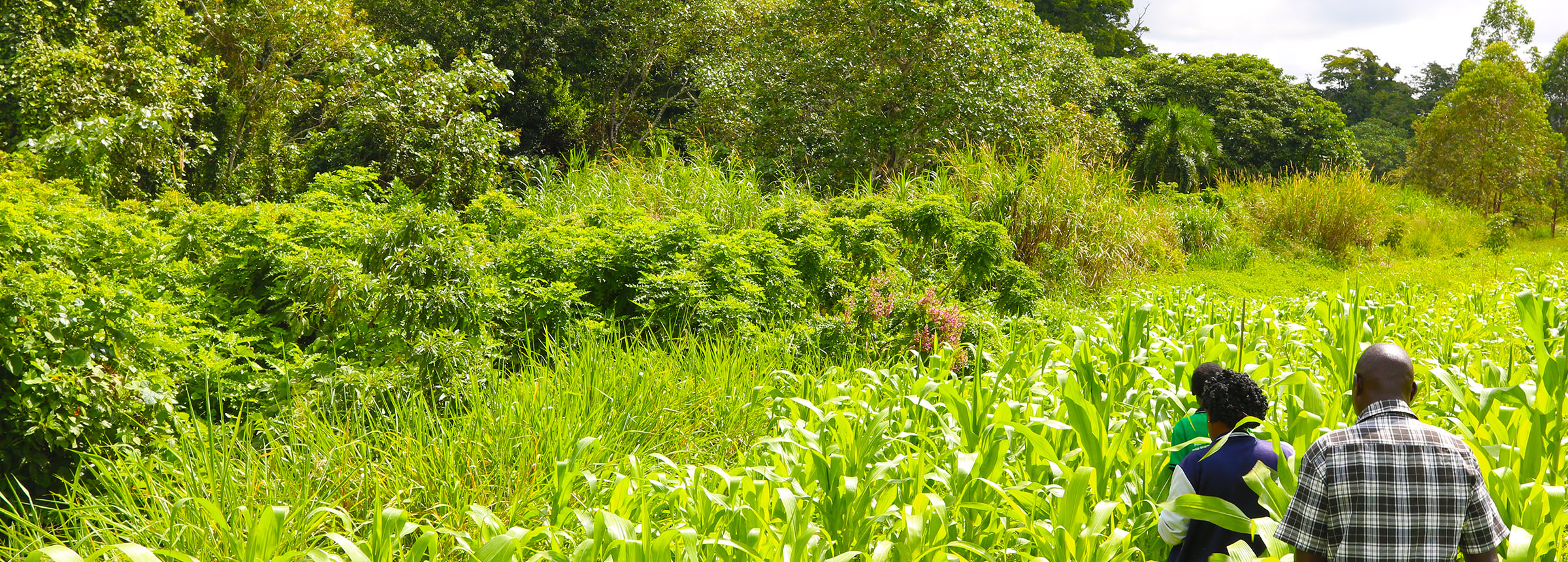
Uganda REDD+
In Uganda, agricultural expansion and demand for wood energy have led to widespread loss of forest cover. Winrock is supporting Uganda’s Ministry of Water and Environment to establish programs to reduce deforestation and forest degradation by encouraging climate-smart agriculture, increasing sustainably sourced wood supply, and advancing co-management between local communities and protected land managers. The…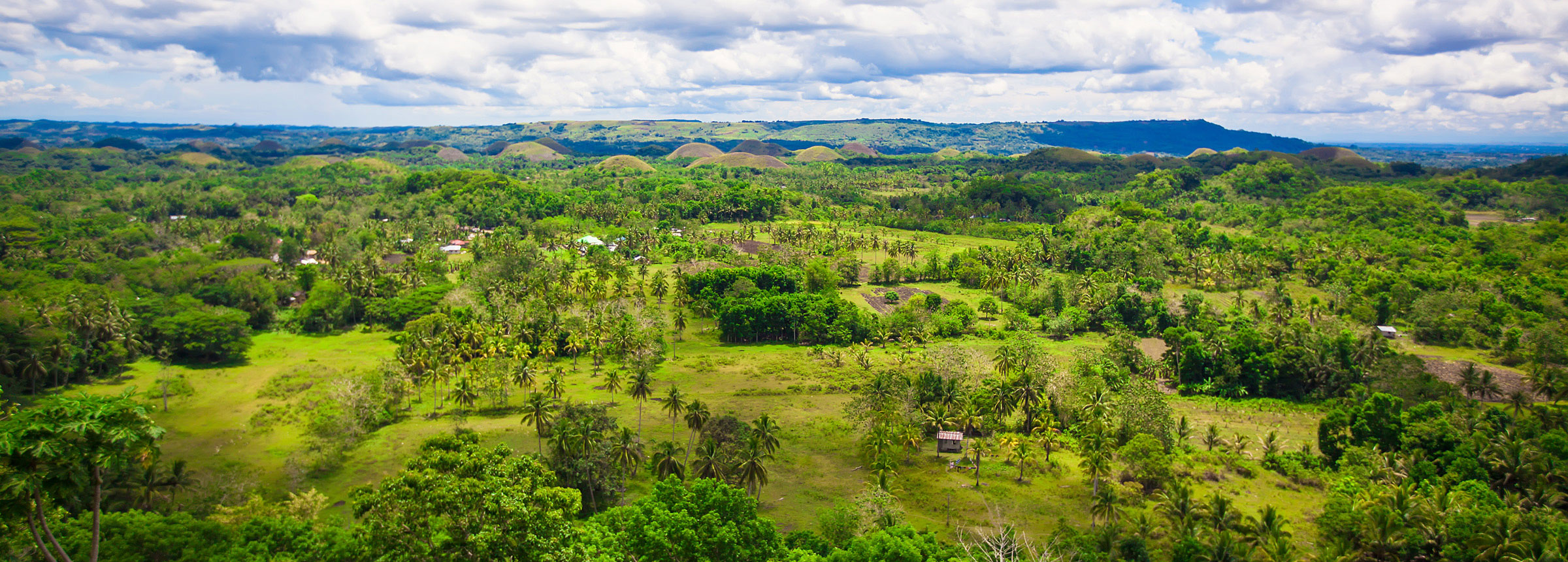
Building Safe Agricultural Food Enterprises (B-SAFE)
Food safety – the proper handling, preparation and storage of food – is imperative to prevent food-borne illness and disease outbreaks. The B-SAFE project works with the Government of Philippines to provide agencies with the tools and information needed to implement evidence-based risk analysis, helping the government meet obligations under domestic law and international food…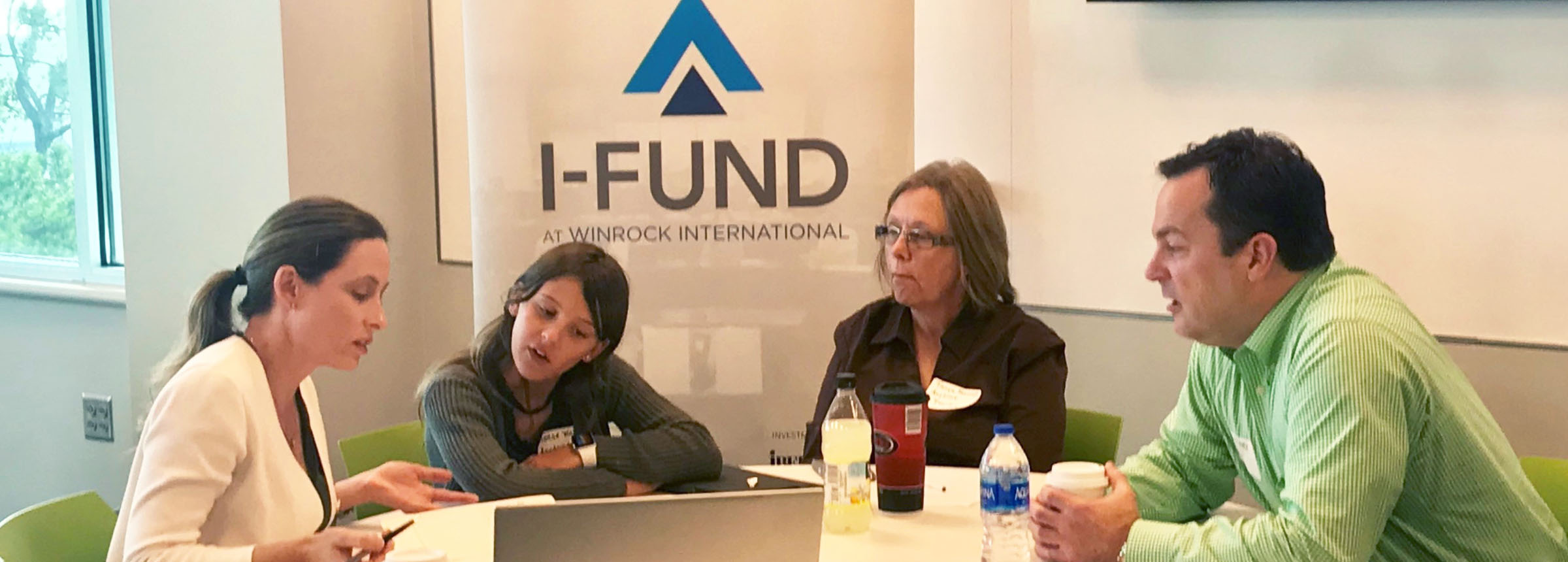
Delta I-Fund II
With a mission to positively impact communities throughout the eight-state, 252-county territory of the Delta Regional Authority (DRA), the Delta I-Fund II provides a platform for the creation and launch of high-growth companies, spurring economic development and job creation. The I-Fund is a proof-of-concept business accelerator training program designed to assist teams and potential start-up…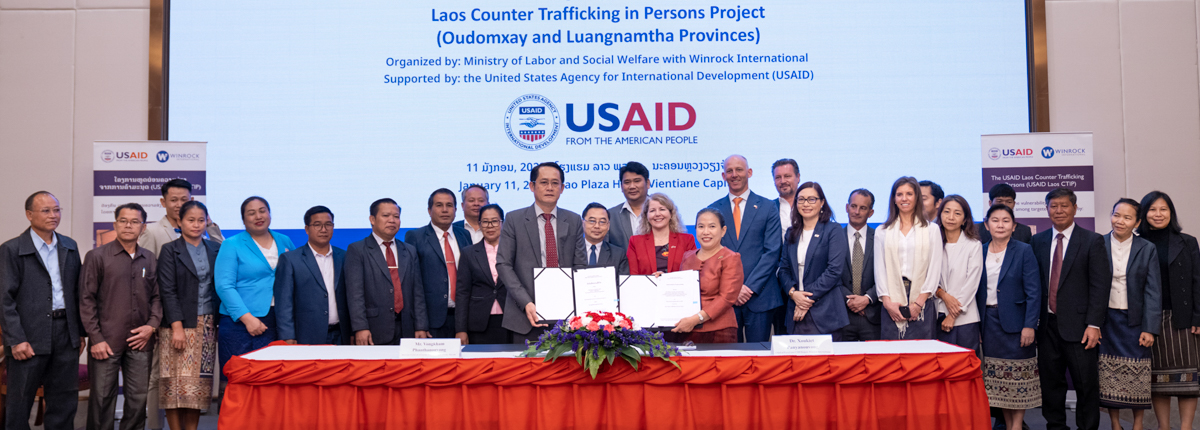
USAID Laos Counter Trafficking in Persons (USAID Laos CTIP)
In Southeast Asia, Laos is a primary source and, to a lesser extent, a transit and destination country for women, children and men who are subjected to trafficking in persons. Especially in the southern part of the country, Lao trafficking victims are often migrants seeking opportunities abroad who then experience labor or sexual exploitation in…
Safe Migration in Central Asia
Rising poverty and unemployment in Central Asia has increasingly led laborers in the region to migrate in search of work. Unfortunately, migration often leaves workers vulnerable to exploitation. The five-year Safe Migration in Central Asia activity aims to strengthen the mutual accountability of governments, NGOs and the private sector in efforts to prevent trafficking in…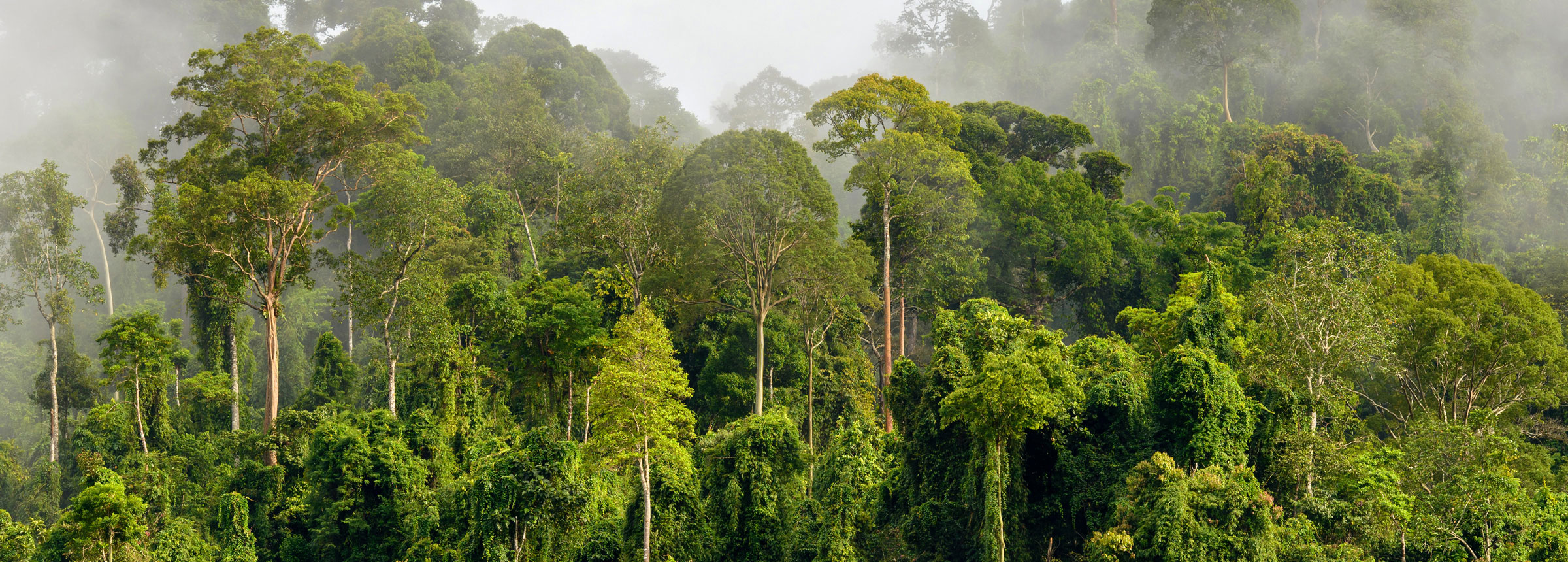
Climate Pathways Project
Around the world, governments are working toward a more climate-friendly future by developing strategies to lower greenhouse gas emissions. Winrock and its partners are helping jurisdictions in the Under2 coalition in Brazil, Mexico, Peru and Argentina to develop long-term ‘decarbonization pathways’ that promote continued socioeconomic growth. At the same time, these pathways promote the reduction […]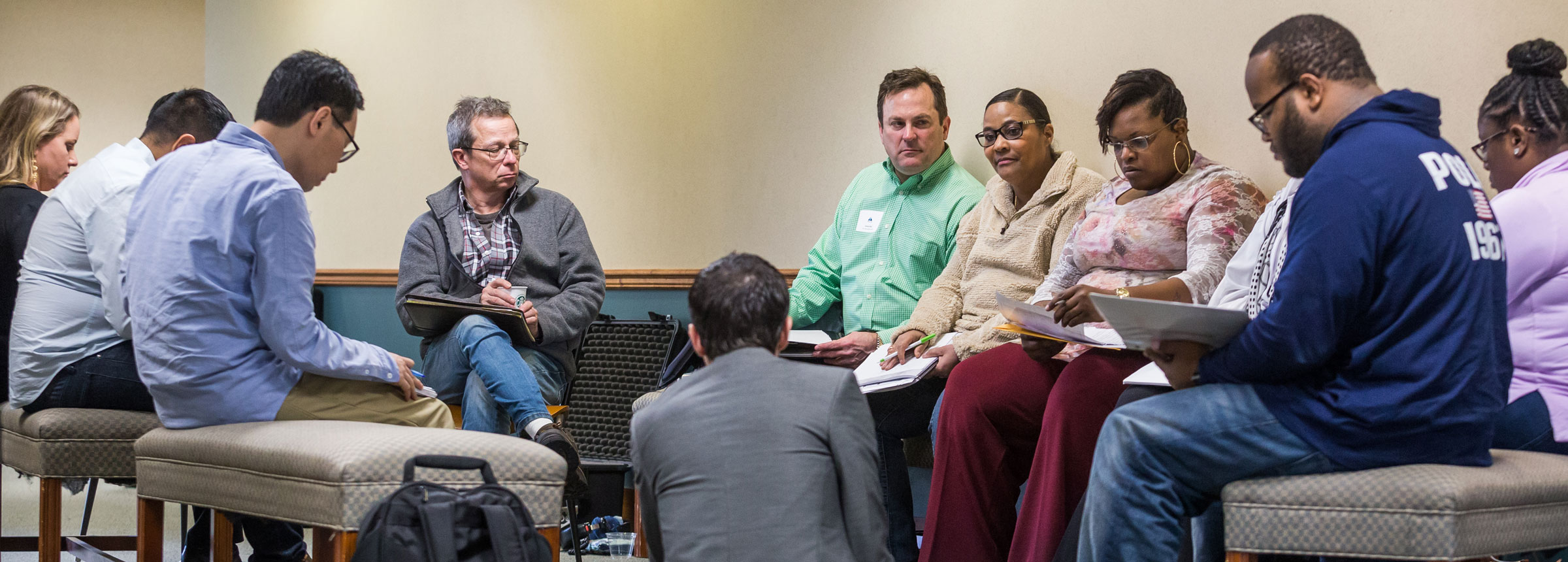
Innovation Fund Seed Support
Access to capital is critical to small business, especially in the Mississippi River Delta region. The Innovation Fund Seed Support project seeks investments to grow the resources of the Arkansas Innovation Investment Fund, which, along with ancillary entrepreneurial projects, provides free training, mentoring and funding for early-stage Arkansas startups. Together with the Delta Innovation Fund…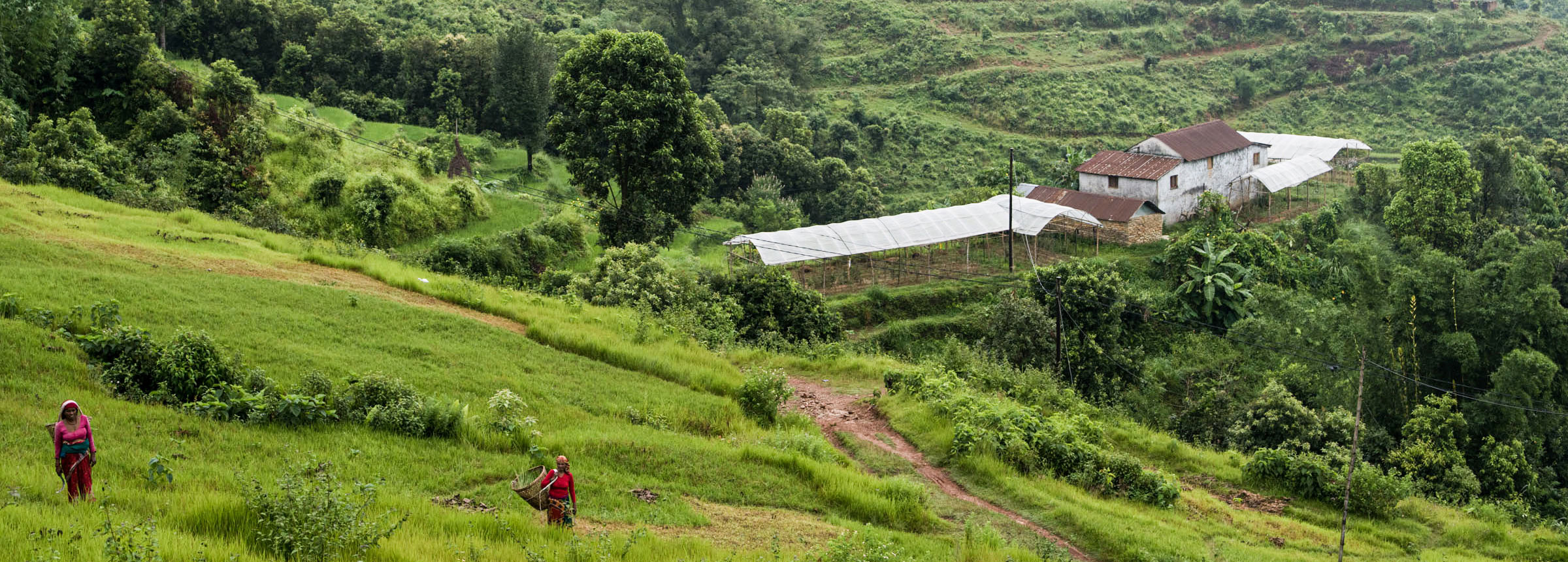
Comparative Analysis of Economic Activities and Job Creation Spurred by Advent of Electrification between Distribution of Electricity Between NEA (DCS) and CREE
Previous studies have shown that community-based electrification in Nepal, compared with conventional utility-managed electrification, might better enable development of enterprises – particularly micro-enterprises which are likely to be started by women and individuals from disadvantaged social backgrounds. Winrock International is conducting comparative research to identify key differences, if any, between the two models in the […]